
Look and Learn – Reb Yitzchak of Vorki
In a few days, however, the wisdom of the Chozeh's advice became clear. In the reply that Reb Yitzchak received from his wife, she explained that the...

When he was a young man, Reb Yitzchak of Vorki was a wealthy property owner. He was therefore quite surprised to hear the following words of advice from his Rebbe, the Chozeh (Seer) of Lublin:
"If someone offers you the job of being a schoolmaster," said the Chozeh, "I would take it."
Reb Yitzchak had great respect for the Chozeh, but as he left his Rebbe's study he couldn't help but think that perhaps this time the Chozeh had made a mistake.
"Surely the Rebbe has confused me with someone else," Reb Yitzchak said to himself, "for why would someone as wealthy as I agree to work as a lowly schoolmaster?"
As Reb Yitzchak was engaged in quiet reflection, a villager went in to speak to the Chozeh.
"Rebbe," the villager pleaded, "I need someone to teach my sons. They know nothing about the Torah, and they are growing up wild. I'm willing to pay a good salary, as long as you promise me the tutor is good."
The Chozeh suggested that the villager pay the tutor forty gold rubles and then he told the man to seek out a young man who was sitting in the anteroom.
"God willing, your sons will blossom under this young man's instruction," the Chozeh blessed the villager.
The man did as instructed and immediately went over to Reb Yitzchak. As the chassid listened to the "business deal" being proposed by the villager, he realized that the Chozeh had not confused him with someone else – he was, indeed, meant to begin a new career as a schoolmaster.
Although the chassid didn't understand the reason for the Chozeh's strange command, he obeyed it without giving it a second thought. And as the villager insisted that Reb Yitzchak come with him immediately, the chassid could only dash off a short message to his wife explaining why he could not return home.
In a few days, however, the wisdom of the Chozeh's advice became clear. In the reply that Reb Yitzchak received from his wife, she explained that the French army – which was at war with Russia at that time – had marched through their town and destroyed all their property. They were now penniless – except for the forty gold rubles that Reb Yitzchak would earn as a schoolmaster.
However, Reb Yitzchak was not happy at his new job. The villager's sons were a dull lot and they had trouble grasping even the rudiments of the Torah. Reb Yitzchak's great learning was entirely wasted on them.
One day, out of exasperation, Reb Yitzchak returned to Lublin to pour out his frustration to the Chozeh. The Rebbe listened patiently, but refused to release the chassid from his post.
"Pray for them," was all the Chozeh said in reply.
Once again, Reb Yitzchak did as he was told. He prayed that his teaching should have greater success – and from that day onwards the boys steadily improved.
When his term of employment came to an end, the villager asked Reb Yitzchak to stay on for another year.
"I must ask the Chozeh," Reb Yitzchak replied. "I came here only because he told me to and so I must ask the Rebbe if I should stay."
To his relief, the Chozeh told the chassid that he no longer had to be a schoolmaster because his financial situation would improve again soon.
"However, while you were employed as a schoolmaster, did you perhaps learn some interesting insight into the Torah?" the Chozeh asked.
Reb Yitzchak thought for a moment and then shook his head "no."
"Nothing?" the Chozeh persisted. "Nothing at all during that entire year?"
Reb Yitzchak looked back over the year once more, and then an incident sprung into his mind.
"Yes, I did learn something from those villagers," he told the Chozeh.
Reb Yitzchak explained that in the village there were only ten Jewish men – exactly enough to make up a minyan (quorum for communal prayer). One day two of the men got into an argument, and because of this argument one of the men refused to join the others for prayer.
Upon hearing this, another villager attempted to make peace between the two feuding men.
"See here," the man said to the recalcitrant man, quoting from Bereishit 49:15, "doesn't the Torah tell us, 'And he saw that rest was good … and bowed his shoulders to bear.' Now what do you suppose that means?
"Surely the Torah is telling us," the man explained, "that whoever understands that tranquility is a good thing will be willing to bear anything. He will never allow himself to become angry at another person because he understands that it is always better to have peace."
The Chozeh was delighted to hear these words.
"If you heard that," the Chozeh assured Reb Yitzchak, "your time as a schoolmaster was not wasted for you learned a great deal."
Many years later, Reb Yitzchak became a renowned Rebbe in his own right. He would often retell this story, saying in conclusion: "The Chozeh was right. I did soon regain my wealth. But as for that teaching about patience and peace – well, I'm still trying to master that particular lesson."
***
Libi Astaire is the author of Choose Light! Chassidic Tales for Chanukah, Rosh Hashanah, Sukkos, Passover & Shavuos; Breakfast with Rav Zusha and Other Stories to Wake Up Your Soul; and the award-winning Jewish Regency Mystery Series. Visit her website for more information about these and other books.


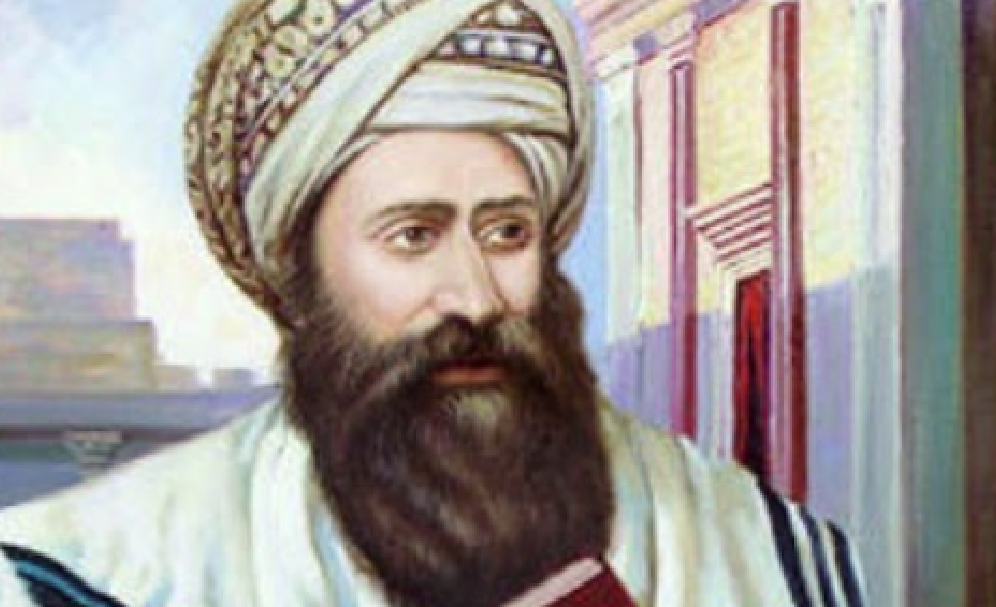
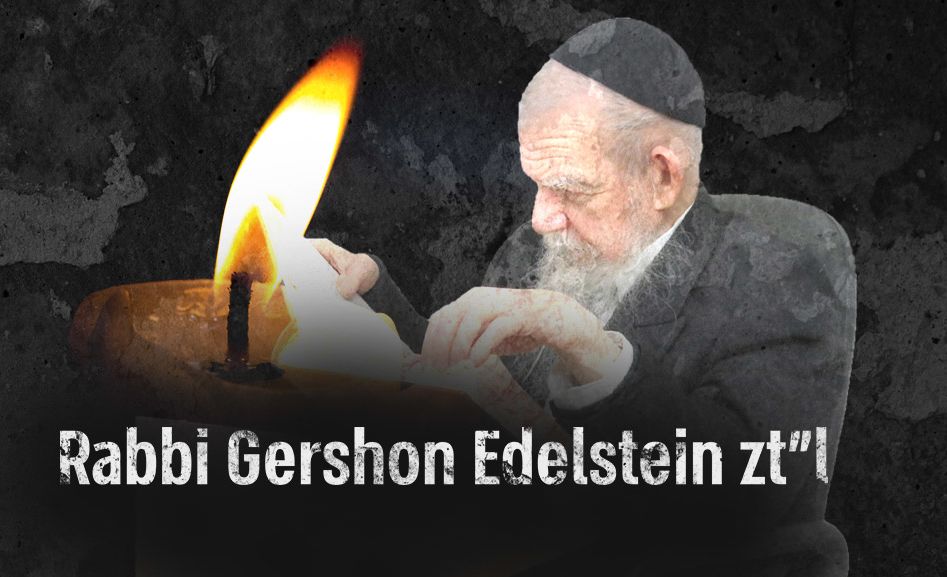
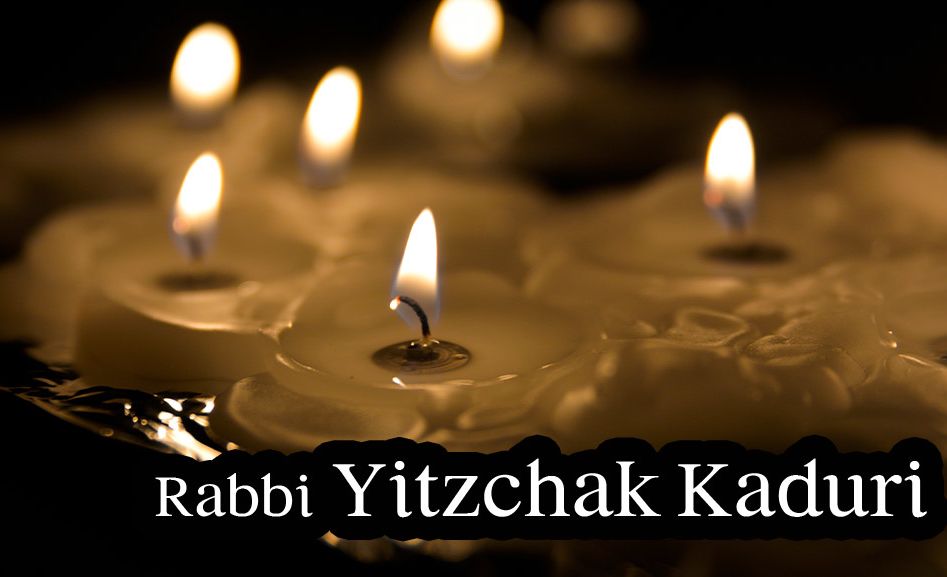
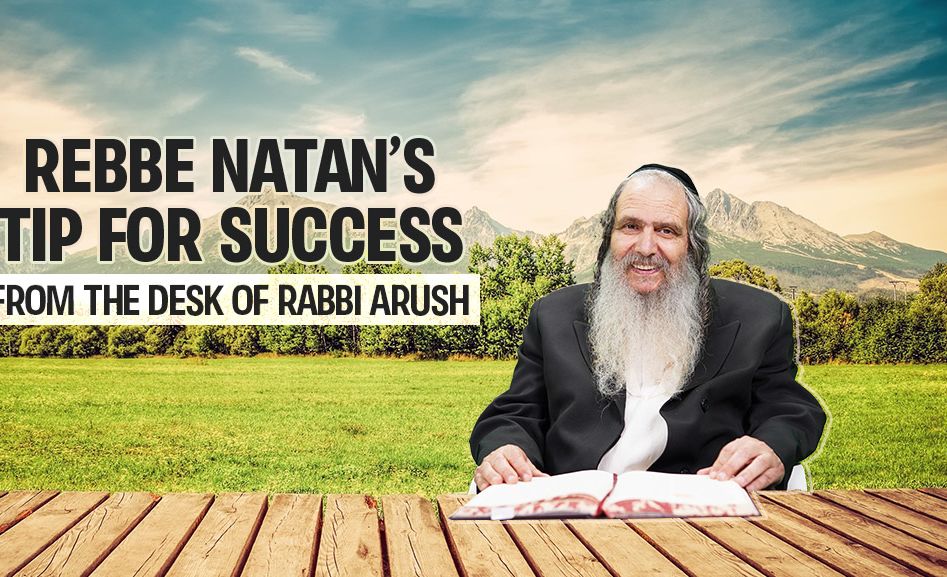
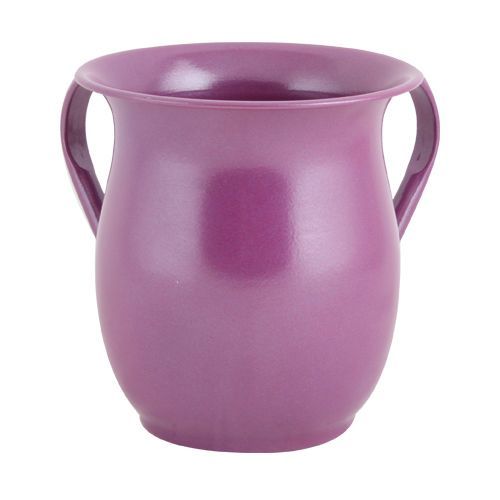


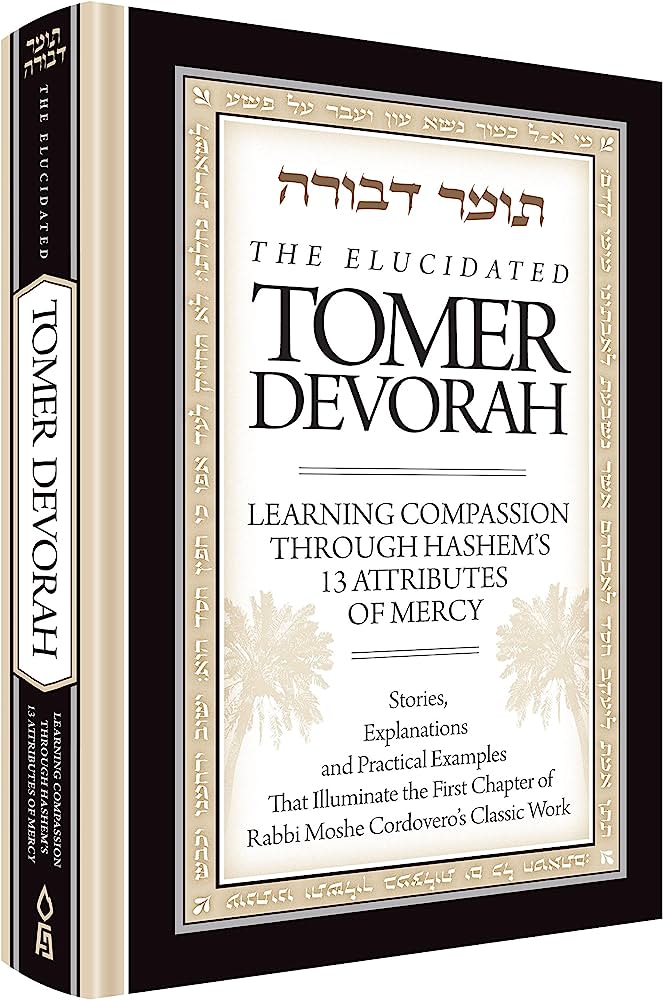
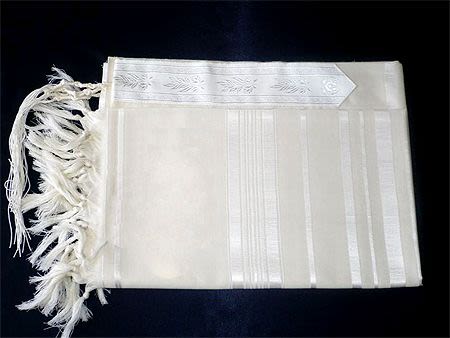
Tell us what you think!
Thank you for your comment!
It will be published after approval by the Editor.